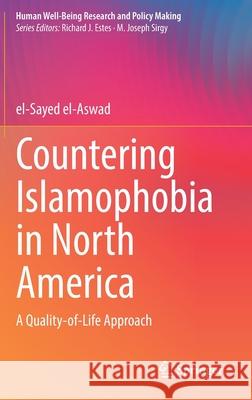Countering Islamophobia in North America: A Quality-Of-Life Approach » książka
topmenu
Countering Islamophobia in North America: A Quality-Of-Life Approach
ISBN-13: 9783030846725 / Angielski / Twarda / 2021 / 190 str.
Countering Islamophobia in North America: A Quality-Of-Life Approach
ISBN-13: 9783030846725 / Angielski / Twarda / 2021 / 190 str.
cena 240,93
(netto: 229,46 VAT: 5%)
Najniższa cena z 30 dni: 231,29
(netto: 229,46 VAT: 5%)
Najniższa cena z 30 dni: 231,29
Termin realizacji zamówienia:
ok. 22 dni roboczych.
ok. 22 dni roboczych.
Darmowa dostawa!
Kategorie:
Kategorie BISAC:
Wydawca:
Springer
Seria wydawnicza:
Język:
Angielski
ISBN-13:
9783030846725
Rok wydania:
2021
Wydanie:
2021
Numer serii:
000846563
Ilość stron:
190
Waga:
0.52 kg
Wymiary:
23.39 x 15.6 x 1.6
Oprawa:
Twarda
Wolumenów:
01
Dodatkowe informacje:
Wydanie ilustrowane











